This post is brought to you working in partnership with Cargill Animal Nutrition, I was compensated for my time and travel expenses. The post features Cargill customers, however all interviews and questions were conducted by me. Final approval of stories was left to the interview subjects. For more information on Cargill’s Feed Your Dreams campaign, visit their site www.cargilldairydreams.com
Humans of Agriculture- Mark's Story.
“Dad started milking cows here on shares with his uncle, in late 50s. When I was a junior in high school in 1978, he sold the cows. He had accumulated enough acres to grain farm, which was his dream to do. He was a first generation farmer. Dad sold the milking herd but the heifers stayed here, and when I was in high school, that's when I started milking the heifers. You could see him in disgust, agree that I could do that, because he was ready to be out of the dairy business then.
“I think one of the big things I want people to realize is that while farming is who we are and what we do, our interest in society is not different than other people's interest in society.
“As far as not only caring about the survivability and the impression that people get of our farm, but also we want a healthy food supply. We want food that people can trust. If something were done here on the farm that is truly affecting the environment, we want to know it and fix it. I mean we have the same concerns that everybody else has. It's not just that we want to get what we can get and we don't care about anybody around us. Somehow it's changed, I think when I was a kid, generally society said the farmer lifestyle is the wholesome one. It's the real life what everybody wants to experience. Somehow that dynamic changed, my perception is society is saying farmers are the bad guy now. ‘He's screwing up our water supply, he's screwing up our food supply and he's killing our animals that we love so dearly.’ Well, somehow that perception has got twisted and so if there is someway I could let people know that I don't want to abuse animals and if I abuse mine they're not going to perform for me. Their performance isn’t the only thing that matters, I still pat them on the nose and shed a tear when I sell them sometimes.
“At the same time, if we're not profitable, we can't take care of the environment. We can't take care of animals the way they need to be taken care of. We can't do everything that people are expecting us to do if we can't be profitable doing it. My question to the animal rights people is, what do you want to see happen? And they don't very often have an answer. If you don't want me to dairy farm, if you don't want my cows to be in my barns giving milk, what do you want to see happen to them? Do they have an answer then?”
To read more about the Henry's farm story and what they love most about farming visit - www.cargilldairydream.com
Humans of Agriculture- Jerrid's Story.
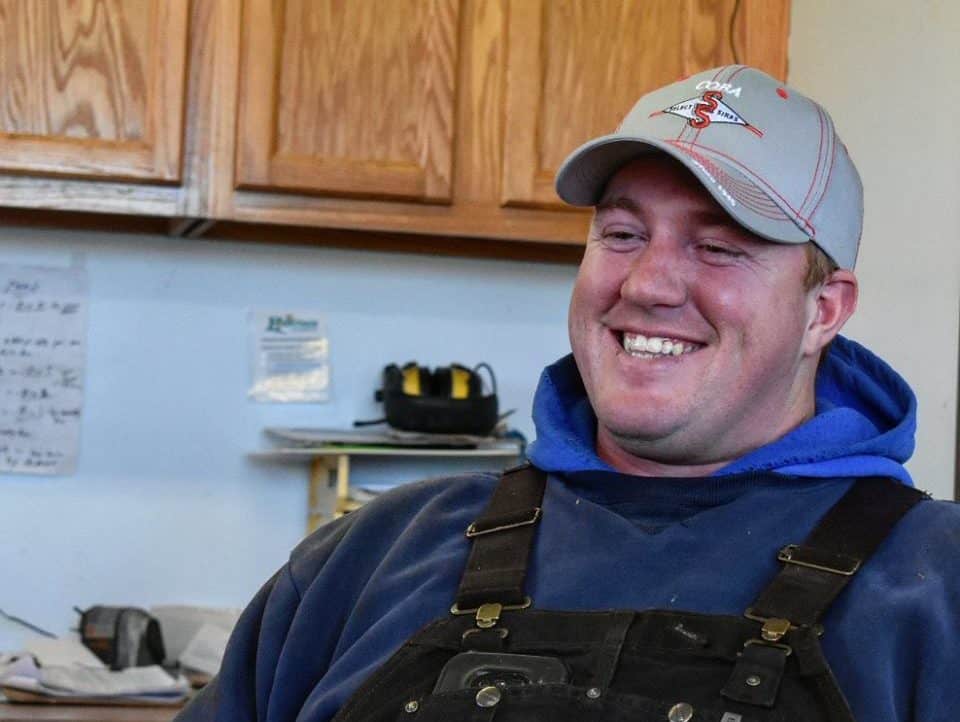
"One of things my dad taught me is to be patient, be patient with the people you work with, be patient with the cows, be patient. And I'm not very good at that, but it is true. Treat the people you work with to the utmost importance, and carry them in high regard, and they'll treat you and the cows the same way. So, on the dairy side of things, that's a big deal. But, Grandpa used to always say that farming is important, and cows are important, but family's also super important. And so, he would definitely encourage us to still remember your family's there, when you are working 15 hours a day. They're still there."
To read more from the Henry family, visit-https://www.cargilldairydreams.com


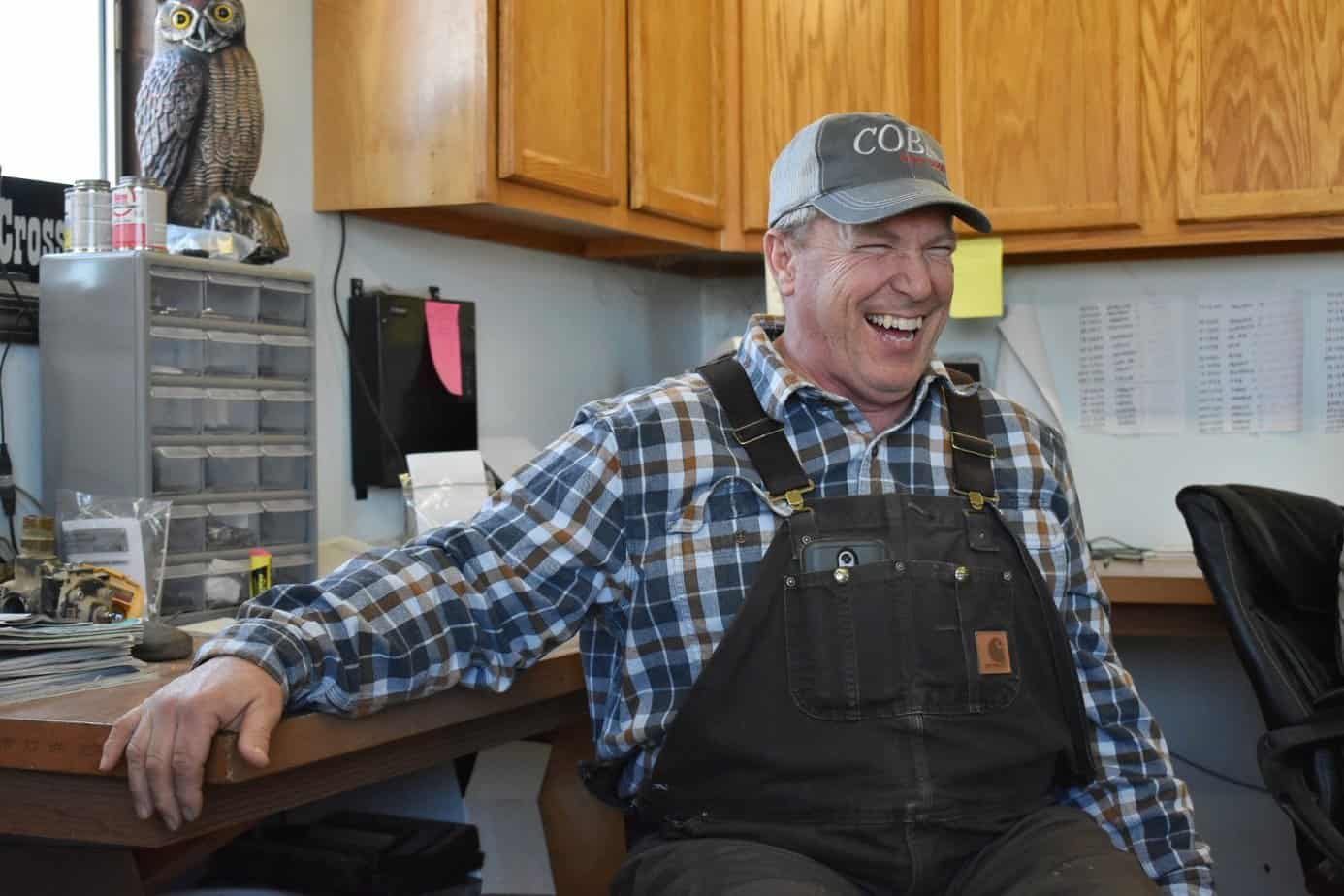
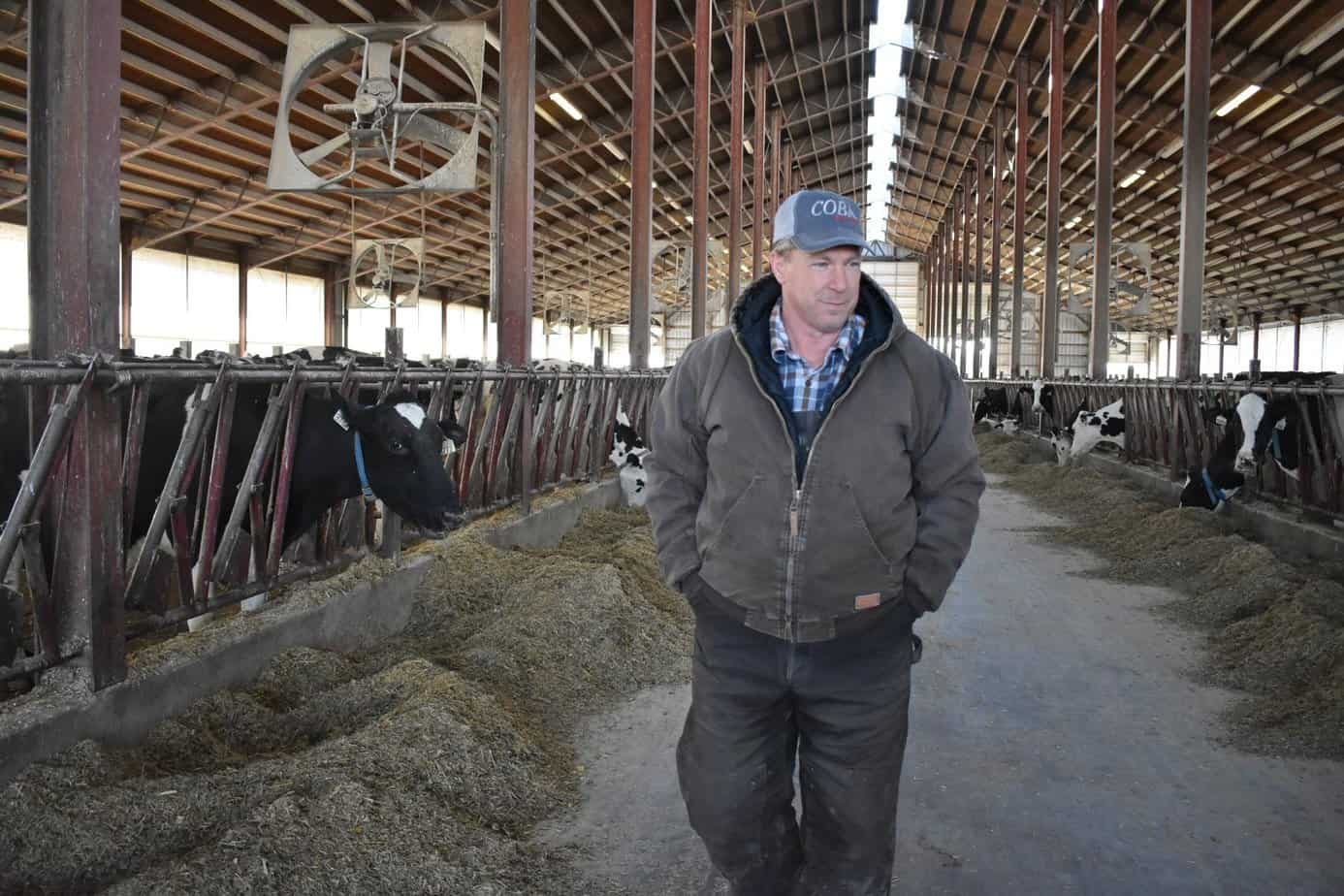
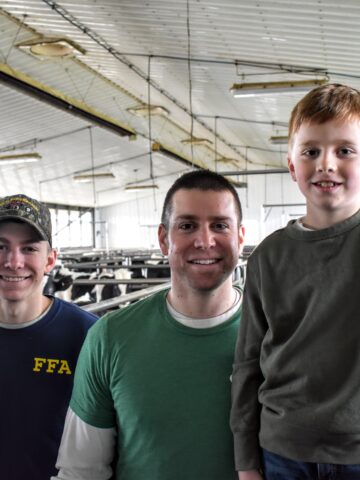
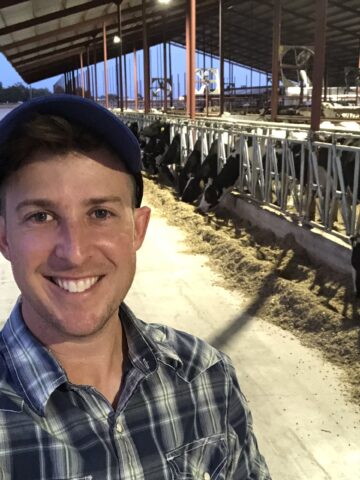
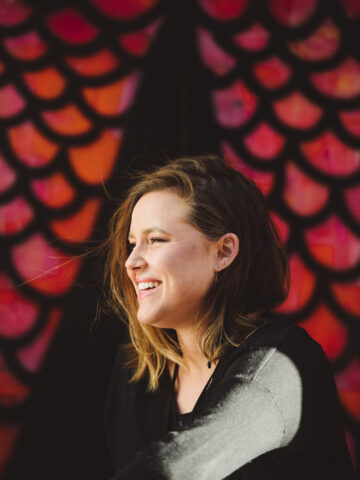
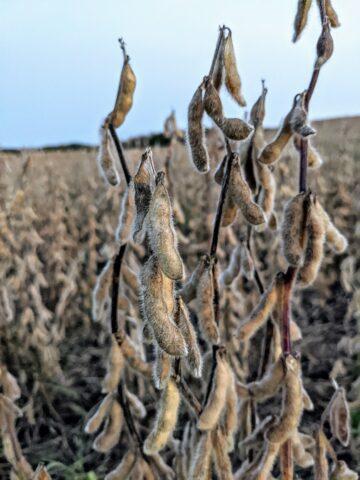
Leave a Reply